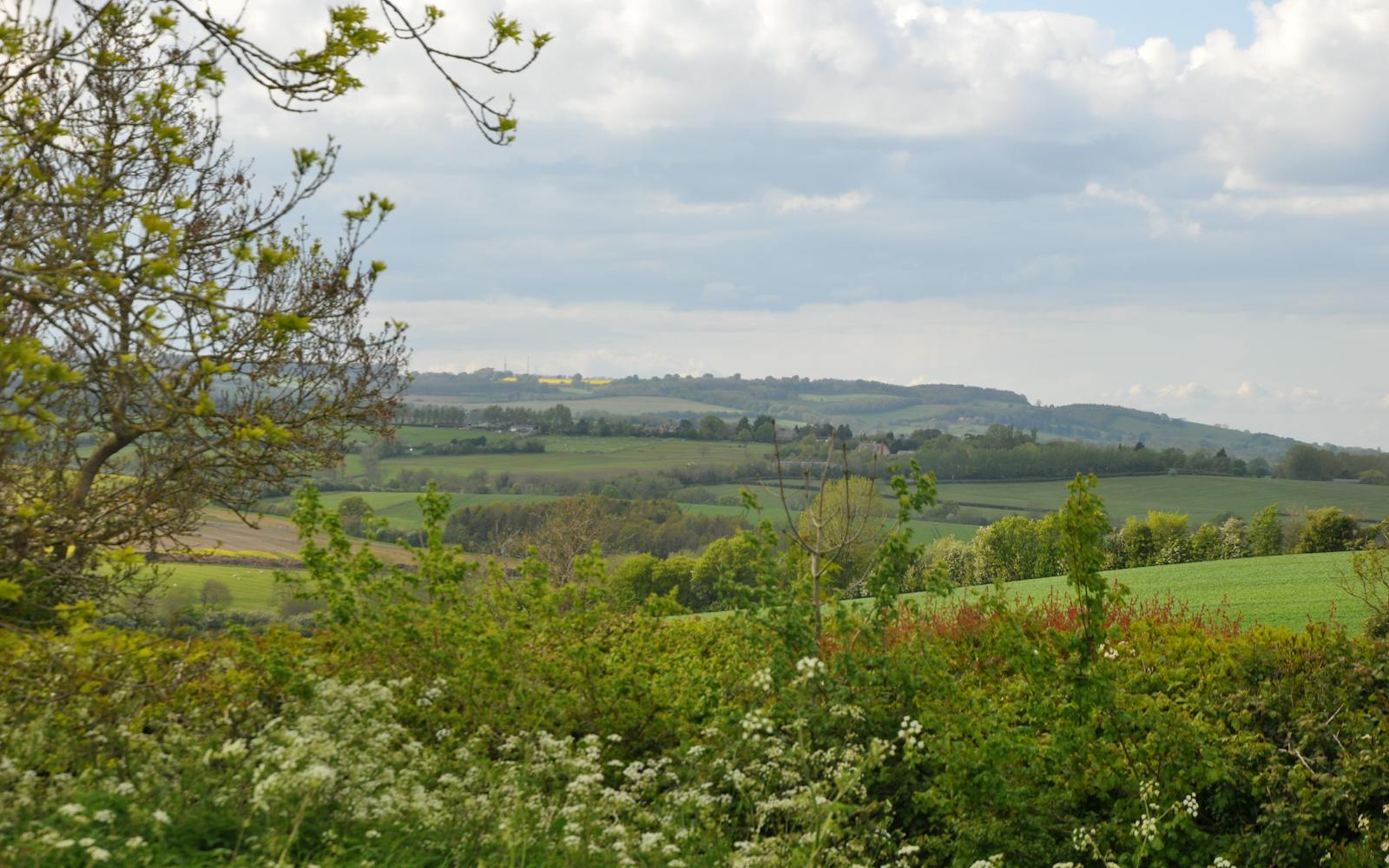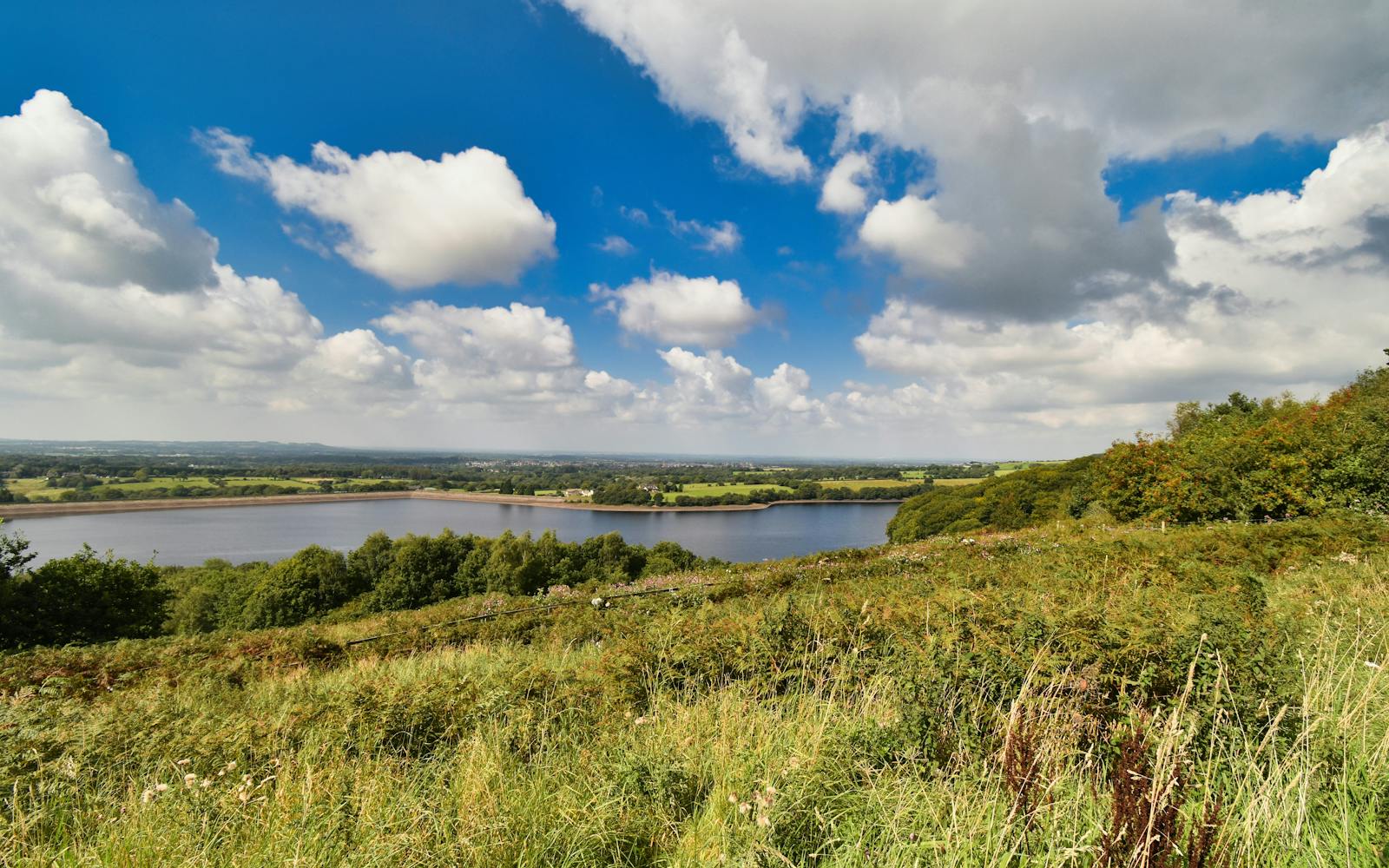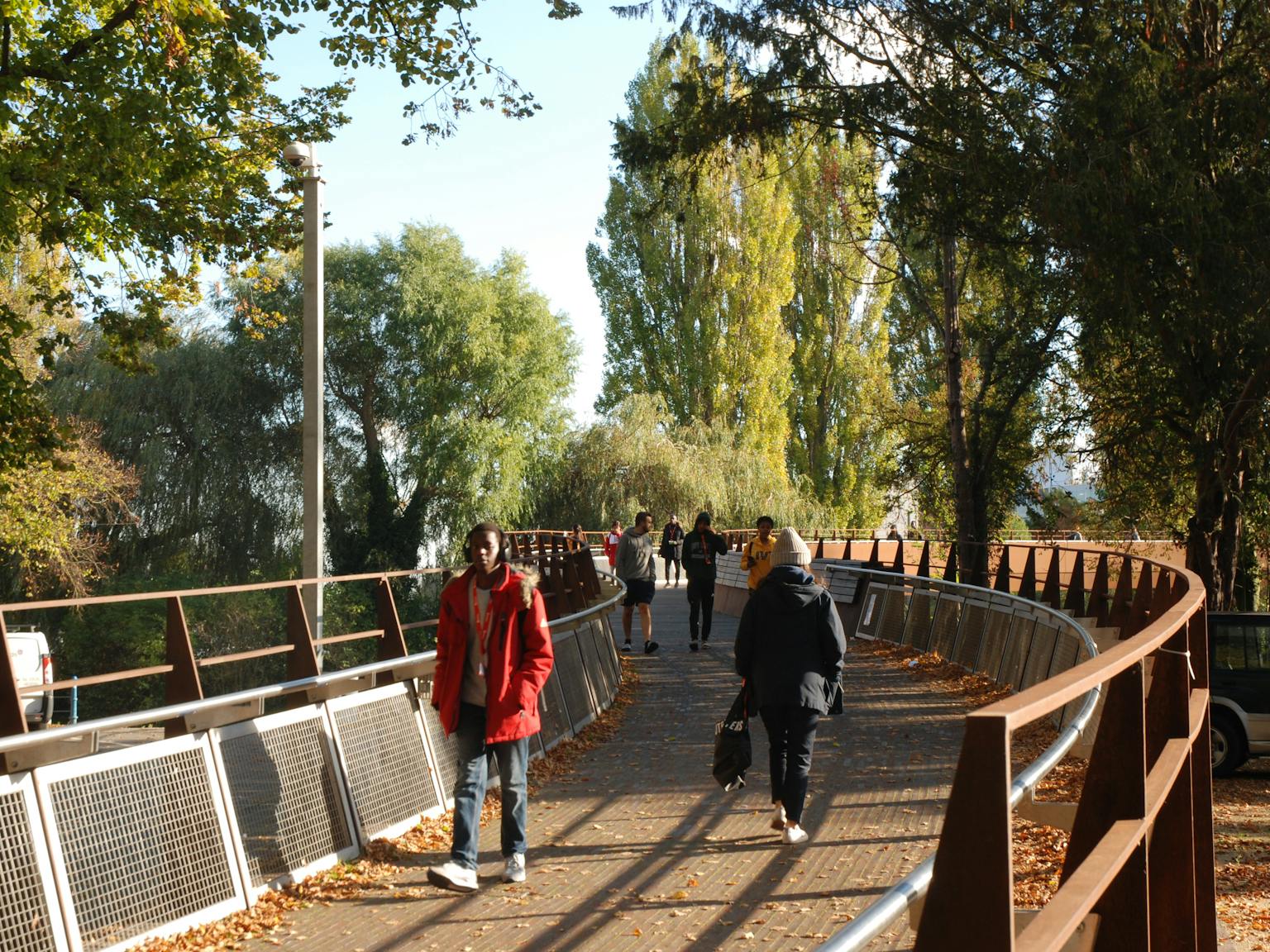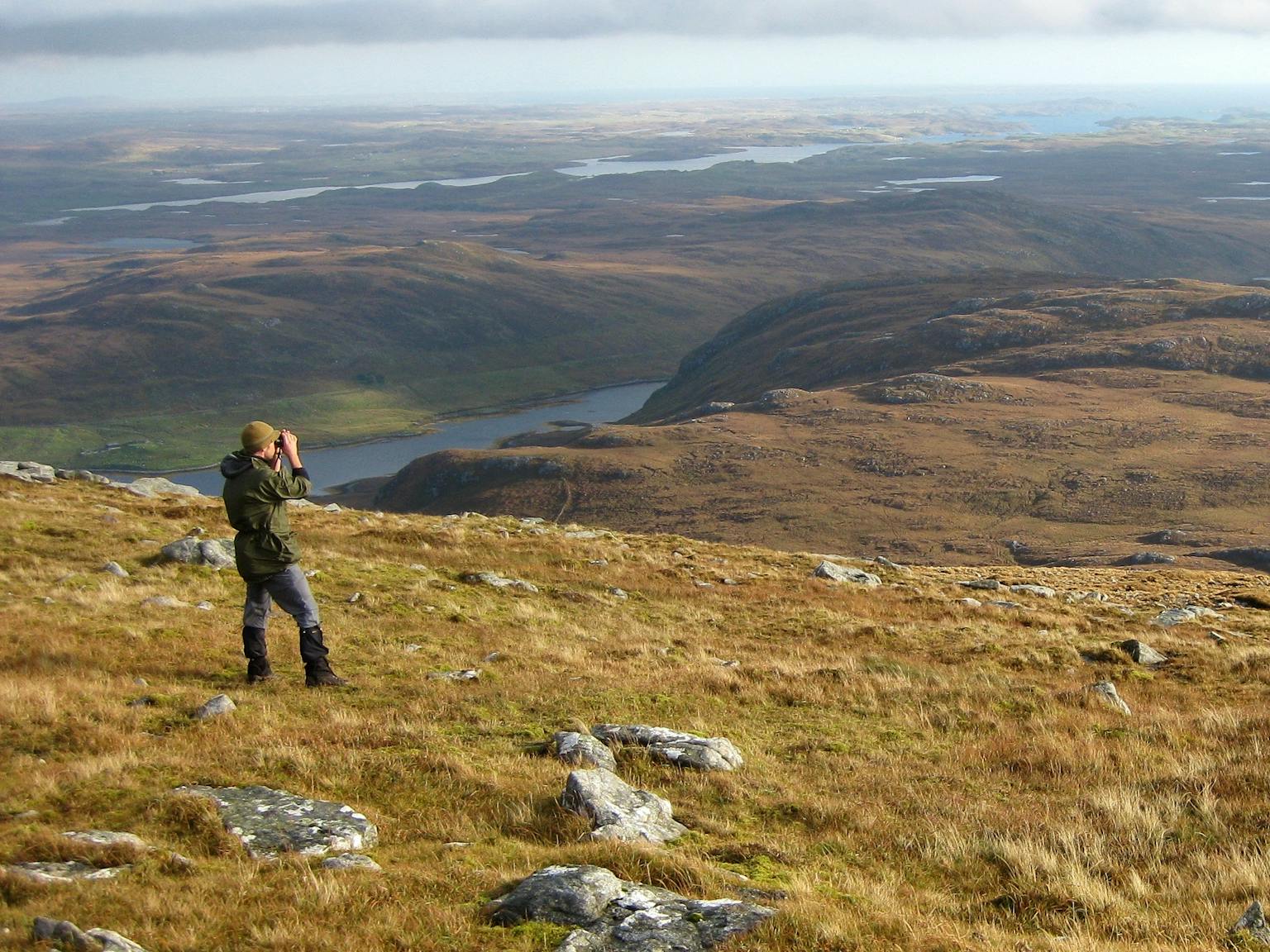
The quiet power of landscape
Landscapes are an important part of the quality of life for people everywhere - central to our lives, shaping the character of places, supporting biodiversity, contributing to wellbeing, and connecting communities to their heritage. Yet too often, landscapes are taken for granted, viewed as a familiar backdrop rather than a valued asset.

In planning policy, it is vital to recognise that landscapes are not simply passive spaces between areas of development, but dynamic environments with intrinsic, ecological, cultural, and social value. Thoughtful, evidence-based planning can ensure that landscapes continue to enrich people’s lives and protect natural systems.
At LUC, we believe that strong planning decisions come from strong evidence. Our landscape studies help local councils protect what matters, plan sustainably, and guide the right kind of development in the right places. Through our work, we have seen firsthand the benefits these studies can bring.
In this thought piece, we explore why landscape evidence matters and how it can help councils make decisions that benefit communities now and for future generations.

Why landscape matters
The importance of landscape is well recognised in national policy, including the National Planning Policy Framework (NPPF), which acknowledges the intrinsic character and beauty of the countryside. However, the value of landscape extends beyond visual beauty. Our studies consistently demonstrate that landscapes deliver a range of essential benefits:
- Ecological and natural value: Landscapes are home to natural features, habitats, and species that support biodiversity and provide critical ecosystem services, from flood protection to carbon storage.
- Cultural and historic value: Historic landscapes tell the story of human settlement and land use. They contribute to the identity of towns and villages and provide important cultural connections.
- Community identity and settlement separation: Landscapes help maintain the separation between settlements, preserving their distinct identities.
- Wellbeing and recreation: Access to open spaces, tranquillity, and scenic quality improves mental and physical health, offering communities a place to connect with nature.
These qualities and values are not limited to nationally designated landscapes. Everyday landscapes, degraded landscapes, and urban fringe areas all play vital roles. Recognising this, our studies approach all landscapes as valuable, deserving of thoughtful planning and management.

Helping councils with strong, defensible evidence
Local authorities face growing pressures: housing challenges, climate resilience, community wellbeing, and biodiversity recovery all demand careful, informed decisions. Landscape studies form part of an evidence base that gives councils the structured, transparent basis they need to make those decisions with confidence.
Our landscape studies support councils in several key ways:
- Informing Local Plans and policies: Studies provide robust, criteria-based evidence to underpin Local Plan policies. Our work can identify valued landscapes and justify local landscape designations (LLDs), ensuring that protection is rooted in demonstrable qualities rather than subjective views.
- Guiding development management: Studies help development managers assess proposals in the context of landscape character, settlement identity, and scenic quality.
- Supporting site allocation: Evidence helps identify locations where development may be appropriate based on landscape sensitivity and value, helping councils allocate sites in a way that minimises harm and maximises sustainability.
- Maintaining settlement identity: Our rigorous approach to identifying important gaps between settlements protects the separate identities of settlements under pressure from growth.
- Shaping enhancement and management strategies: Studies not only protect existing character but also identify opportunities to strengthen, enhance, or even create new landscape character, helping councils achieve broader environmental and placemaking goals.
- Providing a framework for further work: Our landscape evidence bases form the foundation for more detailed assessments, including Landscape and Visual Impact Assessments (LVIA) for specific proposals.
By using recognised methodologies, such as Natural England’s Approach to Landscape Character Assessment (2014) and An Approach to Landscape Sensitivity Assessment (2019), as well as the principles of the European Landscape Convention (ELC), we ensure our work stands up to scrutiny and gives councils a defensible platform for decisions.

Impact: project highlights
Our work demonstrates the real-world value that landscape evidence brings:
- New Forest District Council Landscape Value and Settlement Gaps Study: This study assessed the potential for valued landscapes and landscape features within the Waterside Area, as well as the role of land in maintaining gaps between settlements. It provided recommendations on appropriate approaches and mechanisms for protecting and enhancing these landscapes. The findings support the Council in sustainably accommodating growth while positively managing change to the Waterside’s landscape, environment, and sense of identity.
- Cherwell Green Gaps Study: Faced with rapid growth around Banbury, Bicester, and Heyford Park, Cherwell District Council needed strong evidence to protect the distinct identity of its settlements. Our study identified key gaps, provided clear ratings for the degree of separation, and recommended guidelines for future management. This evidence strengthens policy against inappropriate development while supporting well-planned growth.
- South Oxfordshire and Vale of White Horse Landscape Character Assessment: For this joint plan, we created a comprehensive and up-to-date strategic scale assessment, identifying Landscape Character Types and Areas with detailed profiles, forces for change, and management guidelines. The LCA now underpins local policy and development management decisions, helping ensure that change is sympathetic to character and valued qualities.
- Surrey Heath Landscape Sensitivity Assessment: Our assessment aimed to understand how different landscapes within the Borough would respond to residential development. We delivered a clear evidence base to shape the preparation of a new Local Plan and guide smarter decisions on development locations.
In every case, our structured, transparent methodologies and clear reporting have enabled councils to strengthen their Local Plans, resist poorly considered proposals, and build public trust in the planning process.
Putting landscape at the heart of planning
Landscape is more than scenery — it is a living, evolving part of our natural and cultural heritage, vital to the health of our environment and our communities. By treating landscape as a core consideration in planning policy, councils can achieve better outcomes for people, nature, and place.
At LUC, we bring trusted expertise, proven methodologies, and a deep understanding of the landscape’s role in sustainable planning. Our work provides the evidence councils need to make decisions that stand up to challenge and deliver lasting benefits.
When landscapes are properly understood, valued, and planned for, we do not just protect what we have; we create stronger, more distinctive, more resilient places for the future.
Get in touch
If you’re interested in discussing a project with us please drop us an email.
Get in touch with David Hope









